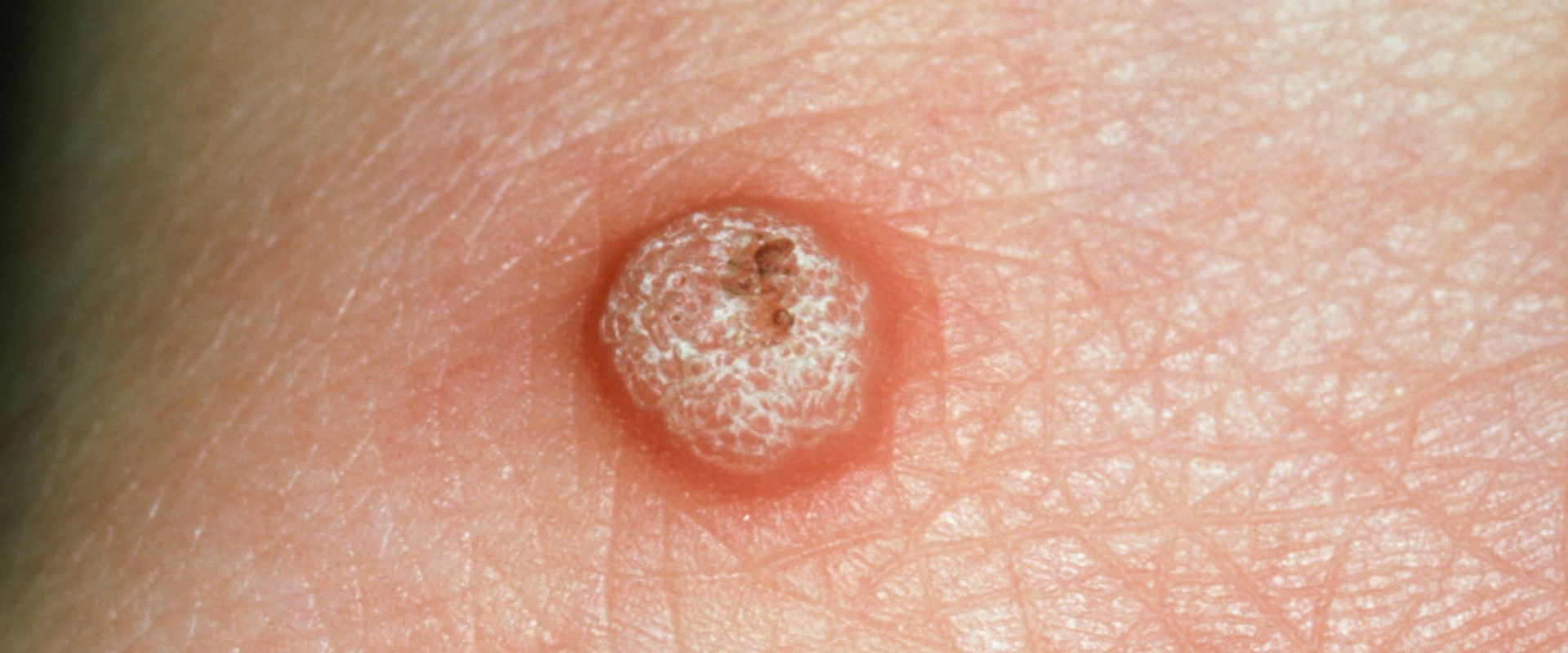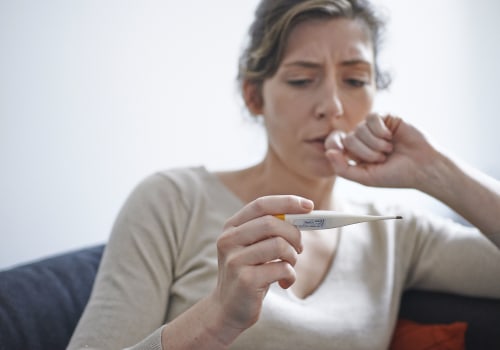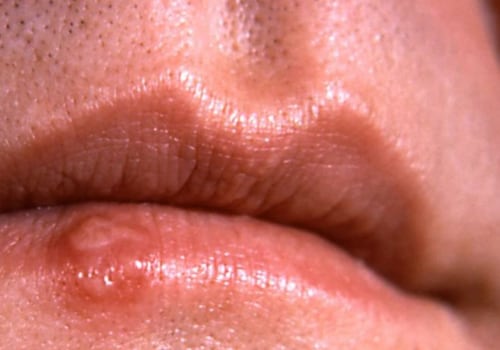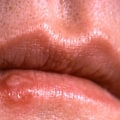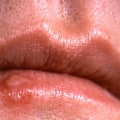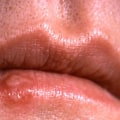Sexually transmitted diseases (STDs) can affect anyone, regardless of gender. However, women may experience different symptoms than men. It's important to be aware of the signs and symptoms of STDs so that you can get tested and treated if necessary. Common symptoms of STDs in women include pain and tenderness in the genital area, flu-like signs and symptoms such as headache, muscle aches and fever, swollen lymph nodes in the groin, abnormal, yellowish or strong-smelling vaginal discharge, burning or itching in the genital area, and pain during urination or intercourse.
Some women may have no symptoms at all. The incubation period for STDs varies depending on the type of infection. For example, herpes may cause symptoms within days or weeks of getting the infection, while HIV may take weeks, months or even years before any symptoms appear. After the initial outbreak, subsequent outbreaks tend to be more moderate.
It's important to note that some STDs can be cured with antiviral medications while others can only be controlled to reduce symptoms and the risk of transmitting the infection to others. It's also important to remember that many STDs have no symptoms at all, so it's important to get tested regularly if you are sexually active.
